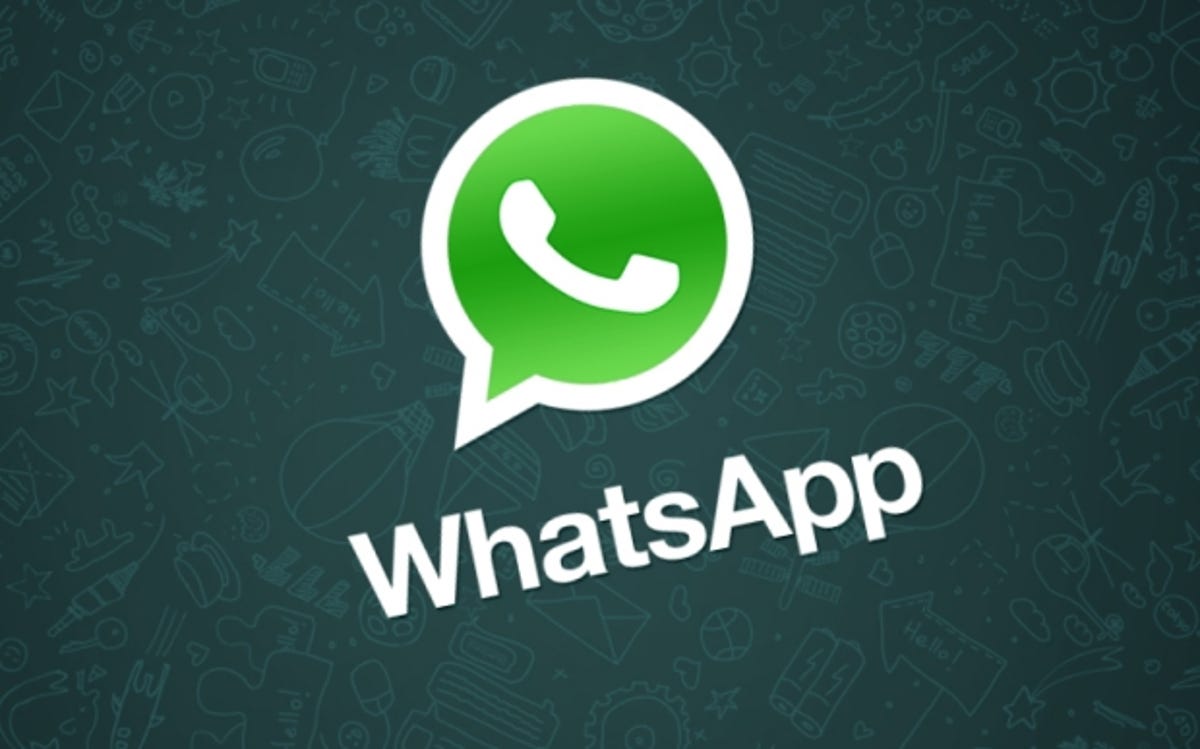
Chat apps such as WhatsApp and Viber are more popular than texting for the first time ever, according to stats from research firm Informa.
Almost 19 billion messages were sent per day using chat apps in 2012, compared to only 17.6 billion SMS messages, the BBC reports. Users of chat apps were found to be about six times more sociable than texters, sending around 32 messages on average every day, compared with just five texts.
Instant messaging via apps such as WhatsApp or Viber, or platform-specific services like iMessage and BlackBerry Messenger (BBM) have drastically reduced the cost of firing mini missives between phones, as customers aren’t charged per message. Most work on a free or seriously cheap subscription basis, allowing for unlimited exchange of messages and eliminating any real excuse for txt spk (thank goodness).
It does mean phone networks are being deprived of income they used to rake in from texts, with Ovum estimating around £15bn of revenue was lost due to the popularity of chat apps last year. They’re trying to rake that back by persuading more of us to take out contracts, and selling extras such as data.
Nokia last week unveiled the cheap and cheerful Asha 210, the first phone to incorporate a dedicated WhatsApp button. With its Qwerty keyboard and WhatsApp branding, the phone has instant messaging at its core — much like the budget BlackBerry phones, which became popular among teenagers a few years ago thanks to their price and the convenience of BBM.
Facebook is also hoping to butt in on the instant-messaging conversation, with its Android launcher Facebook Home. Home takes over your phone’s homescreen and pushes your Facebook messages to the forefront, presumably in the hope that you’ll use the feature as an alternative to texting.
This does, of course, rely on your friends being as Facebook-keen as you, just as iMessage and BBM require your pals to be using the same brand of mobile. WhatsApp and Viber, on the other hand, have the advantage of working across various platforms, allowing you to chat freely without a silly thing like phone preference getting in the way of valuable friendships.
Informa reckons the popularity of instant messaging will continue to skyrocket, predicting that 50 billion messages will be pinged between chat apps every day by 2014 — more than double the current number. A much more conservative increase is predicted for the humble SMS, with an extra 3.4 billion sent messages per day projected.
It might seem surprising that texting is set to increase at all, but it’s still an important method of communication in developing markets, where it costs peanuts compared to data. In countries such as Kenya, texting is also built into banking infrastructure, and is increasingly relied upon by many living in rural areas or without permanent addresses to make and receive payments from virtual accounts.
What’s your instant messaging app of choice? Will texting eventually die out like an awkward conversation? Ping me a note in the comments or join in the group chat on our Facebook page.



